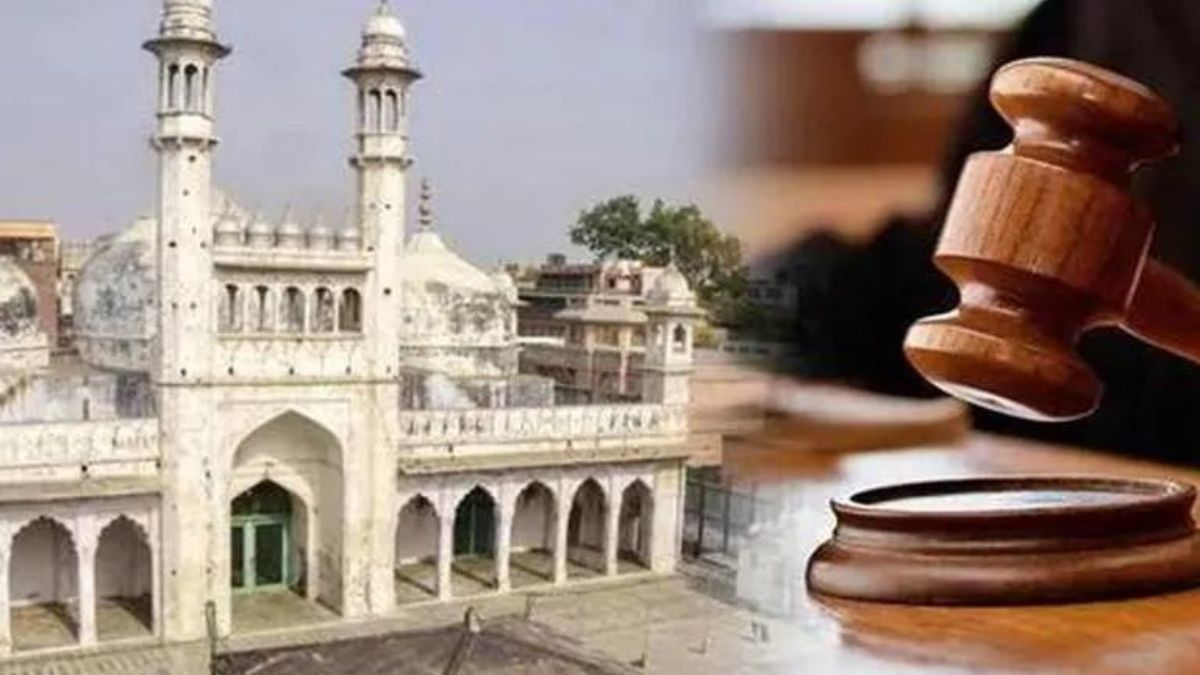Prakriti Deb, Pune
The Allahabad High Court, on Thursday, upheld the Varanasi court’s decision to allow the Archaeological Survey of India (ASI) to conduct a survey of the Gyanvapi mosque complex. The court rejected the Muslim side’s petition objecting to the study. In defence of the Varanasi court’s decision, Chief Justice Pritinker Diwaker argued that a scientific investigation is necessary for the pursuit of justice.
As per the counsel of the Hindu side, the Allahabad High Court has granted approval for the survey of the Gyanvapi mosque complex. The investigation aims to establish whether a temple was there before the mosque was built.
The survey had previously been started by the ASI on July 24 but was halted by the Supreme Court after the mosque committee challenged the lower court’s decision. The mosque committee voiced fear that the structure of the mosque would be harmed by the excavation. The Central Government promised that the building would be protected throughout the survey.
Meanwhile, another petition to safeguard the “Hindu signs and symbols” within the Gyanvapi mosque complex has also been submitted to the Allahabad High Court. In the plea, it is demanded that non-Hindus be kept out of the area until August 7 – the hearing day for the case.
The Gyanvapi mosque issue began when a group of women in Varanasi asked a lower court for permission to offer daily prayers to Hindu gods inside the mosque complex, arguing that the location had housed a temple. The structure that the petitioners claimed to be a “Shivling” was seen on the video taken as the court had requested. The mosque committee, however, refuted the allegations and insisted that the building was a portion of a fountain where worshippers would wash their hands and feet before offering prayers. The Supreme Court subsequently mandated that the Shivling area be sealed up until a decision was made.
